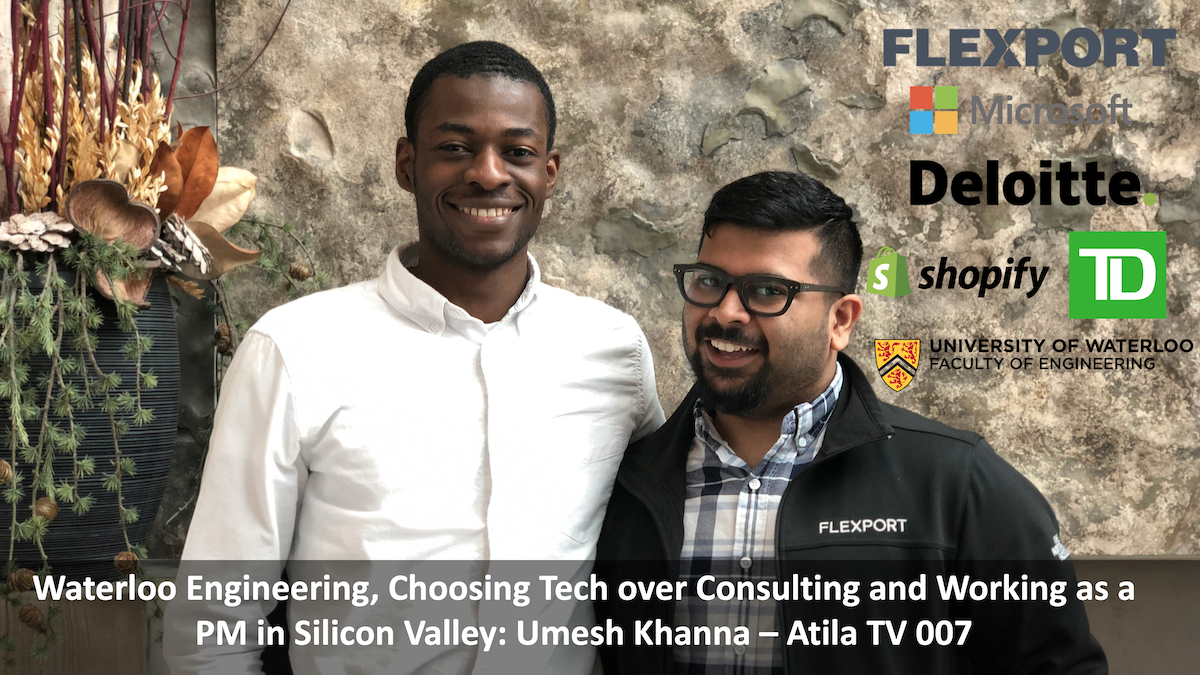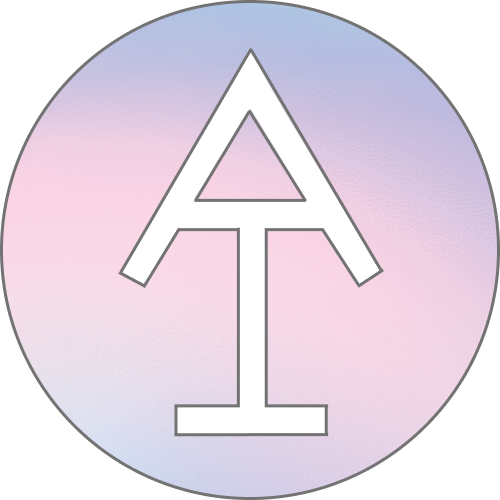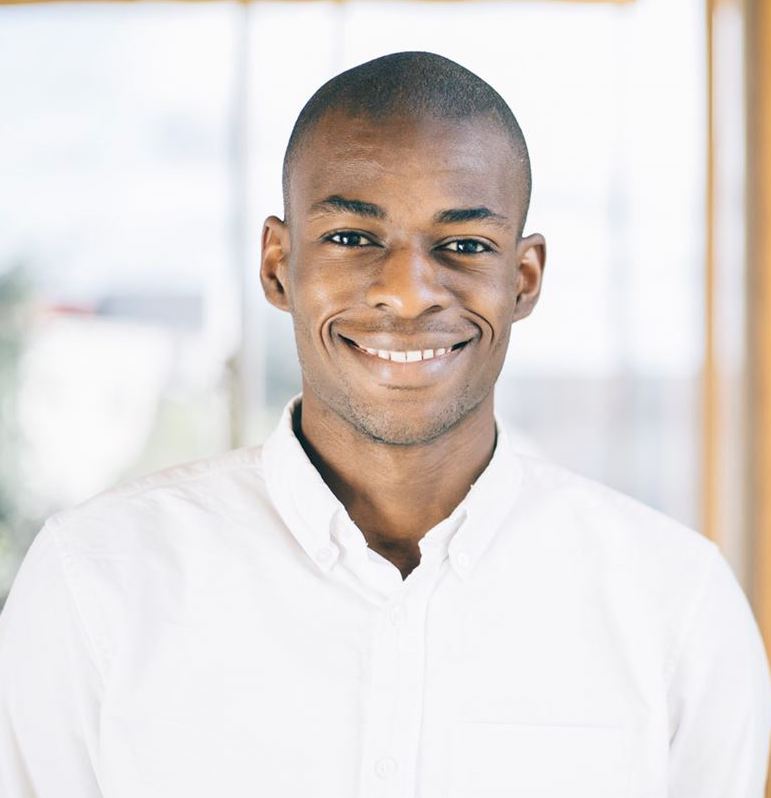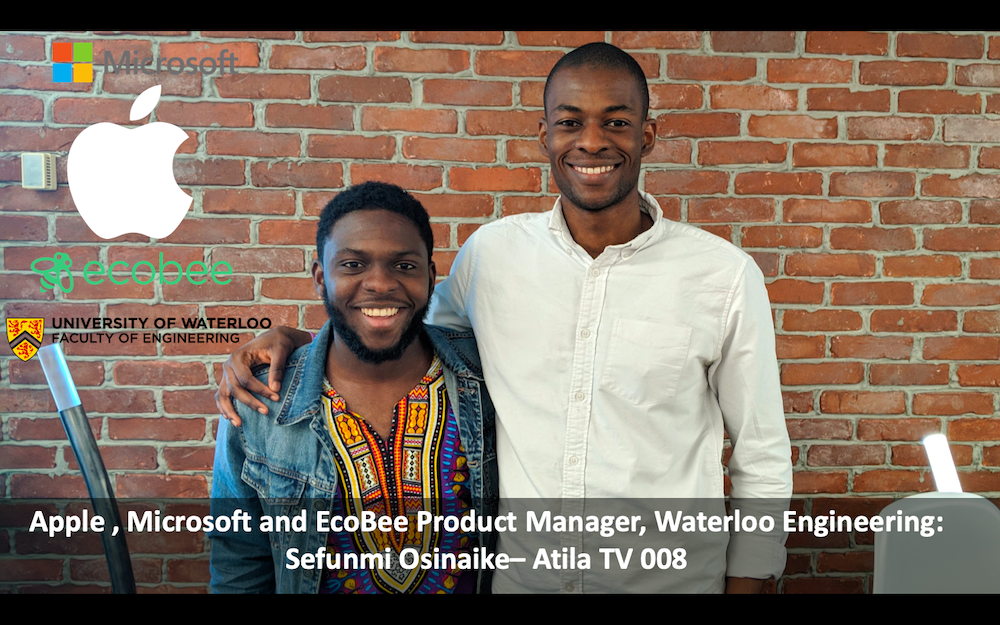Waterloo Engineering, Startup over Consulting at Deloitte and Microsoft, Working as a PM in Silicon Valley: Umesh Khanna – Atila TV 7

Umesh is currently in the Waterloo Systems Engineering program. He is an incoming product management intern at Credit Karma in San Francisco. He has previously worked at Flexport, Toast, Clearbanc and Shopify in a mix of product and engineering roles.
In this episode we talk about why he chose product management at a startup over 3 offers for consulting at Deloitte, Oliver Wyman and Product Management at Microsoft. How he got into the most competitive engineering program in Canada. Managing mental health and burnout in the high pressure Waterloo Engineering and California tech cultures and much more.
Timestamps
- Why he chose product manager at Flexport over offers for management consulting at Deloitte, Oliver Wyman and PM at Microsoft? [32:35]
- How Umesh got into one of the Most Competitive Programs in Canada, Waterloo Engineering [5:05]
- Studying engineering but realizing you don’t like coding [36:49]
- What’s your why? Why do you work so hard? What’s driving you? [44:55]
- Work-life balance and managing mental health in the high pressure Waterloo Engineering and “Cali or bust” Tech cultures [39:20]
- How To Stop Comparing Yourself to Others [ 54:15, 57:00]
- Advice for getting a job in tech [22:55]
- Prepping for a PM interview vs prepping for a consulting interview? [31:55]
- Are you making the world a better place or just solving 1% problems? [48:50]
- Tomiwa and Umesh Debate working for small company vs. big company [15:05]
- What’s a moonshot problem you want to solve on a 25-year time scale? [50:00]
- Going back to India or solving problems in Canada? [50:55]
- Why he switched from electrical engineering to integrated/systems engineering? [9:10]
- — -
- What’s a moonshot problem you want to solve on a 25-year time scale? [50:00]
- Going back to India or solving problems in Canada? [50:55]
- Why he switched from electrical engineering to integrated/systems engineering? [9:10]
- The hardest internship for him to get and how he got it [19:55]
- How do you decide what companies you want to work for? [13:35]
Links
- Umesh’s LinkedIn: https://www.linkedin.com/in/umeshkhanna/
- Professor Bill Anderson’s Waterloo Engineering Blog: https://profbillanderson.com/
- Podcast Umesh is Currently obsessed with: How I built This Podcast: https://www.npr.org/podcasts/510313/how-i-built-this
- The organization which Umesh and Tomiwa recommend young people to Join: Shad and TKS
- https://www.shad.ca/
- https://theksociety.com/
Choosing Between Consulting and Tech Product Manager Roles
Why he chose startup PM at Credit Karma over consulting at Deloitte and Oliver Wyman and PM at Microsoft? [32:15] -> [32:33]
Tomiwa Ademidun: You said you had 5 offers Oliver Wyman, Deloitte, Flex Port , CK and Microsoft. Out of those 5 you picked Credit Karma, what was your Rationale? [32:35]
Umesh Khanna: So I’ll talk about the consulting side first. So with Deloitte it was the BTA program. Oliver Wyman, management consulting internship in New York. Between the two, I didn’t really want to do BTA in the Toronto office so that was a quick elimination. So OW as the winner for consulting side. So for the tech side-
TA: This is like the playoffs…
UK: Yeah, it’s essentially the playoffs. And you have essentially 2 weeks to decide between all these companies. Flexport I had already been there I know exactly how it works and it was a great experience.
TA: You said you had a full time offer if you decided to come back.
UK: Well a potential full time offer. I knew the team, relationships were there. So if I were to go somewhere else and learn some more things and come back it’s possible that could be transitioned. My goal is to keep on learning, be a better person, be able to learn as much as I can. So Flexport is eliminated. So now It’s between Microsoft and Credit Karma. One of the things I mentioned was a focus on the team. SO the team for Microsoft was database security or reliability something. It wasn’t very…
TA: It was very technical
UK: very technical, It just wasn’t something I was into. Meanwhile Credit Karma was their newest team. Small team, great manager.
So now for me it was between Oliver Wyman and Credit Karma.
TA: The championships.
UK: Yeah, now it’s the championships. Oliver Wyman or Credit Karma. So I have a weekend now to figure out these two. That was probably one of the hardest decisions I’ve had to make in a really long time. With OW it’s a great experience, completely brand new. Haven’t tried it. Credit Karma, same situation but I’ve already kind of done product so it might be a bit repetitive. It might not be as much of a learning experience.
So I think it’s best to ask someone who’ve already gone through something like this. So I checked LinkedIn. Saw people who did consulting to product or product to consulting. Just reached out to them, some of them were already in my networks so quick Facebook message, if they weren’t quick coffee chat and see what their experience was.
So it was 10–15 product chats with those people. The biggest realization there. To save you all that time and trouble is. First of all, both paths were amazing. First thing everyone said, “You’re fine don’t worry. But just know that a lot of these consultants are trying to go to product. Not many product people are trying to go into consulting.” So the ones who did want to go into consulting, all they had to do was go get an MBA. Same thing was said for consulting to product. But it seemed like it was a lot more difficult for them to transition to product even though they went to an MBA program.
It just made sense for the mentality of I can do product right now and if I did want to switch consulting I can go get an MBA or reattempt for consulting afterwards.
I remember it was two days before the deadlines. Someone in consulting messaged me, a cold message. She asked “Hey I’m at this firm, noticed you’re in product at this company would love to chat”. I was like “Wait you’re trying to get to my spot and I’m trying to get to your spot what the heck.” Then it hit me just keep on learning, keep on doing product it’s the most impactful thing right now. I’ll miss out on the entire consulting aspect of everything but..
TA: Make the best of it.
UK: Yeah make the best of it. If product management turns to chaos in the next internship, which hopefully it doesn’t, I can just transition back.
How Umesh got into one of the Most Competitive Programs in Canada, Waterloo Engineering
TA: You ended up choosing Waterloo Engineering. I mentioned at the beginning, Waterloo Engineering, a very prestigious program, very difficult to get into. Now, whenever I ask this question people always want to be modest and “Oh you know blah blah blah”. But if you had to look back on yourself what do you think it is that helped you get into such a competitive program. [5:05]
UK: Sure, I think the first thing was marks. Waterloo is a very competitive program as you said. The benchmark or requirement to get in always increase. It’s insane how some students need a 98 average to even-
TA: What average did you have in high school when you applied?
UK: In high school I had a 96 cumulative. That was at that point good enough. I feel like If I applied now it might not be, it’s become so competitive. It’s gotten harder in that period in time.
When I applied it as for electrical engineering. It was what my dad was doing, a lot of friends and family were doing. I wasn’t sure what engineering to go into but ECE seemed like the most reasonable choice at that point. So when I was applying I remember writing the AIF and mentioned playing with things, trying to break things, figure out trying to figure out how to build things from scratch. That may not have helped my case to get into Waterloo, but that was one of the things I was really passionate about.
TA: So one of the things always wonder about is that for example, I know with Ivey, they say it’s not just enough to have high grades you need to have extracurriculars and be well rounded. For Waterloo engineering is it just all grades or you need to do other stuff as well. [6:30]
UK: With the AIF I remember reading Bill Anderson’s famous blog for Waterloo Engineering. He talks about how you need to have the grades but the AIF could bump your score. So as far as I know, again not part of the recruiting for Waterloo but you apply with your grade but the AIF can bump you one or two marks and than that cumulative value is what is compared against others.
So in the AIF you talk about your extracurriculars, your passions. So for extracurriculars I was super involved in council and DECA and was super involved in both. SO I think that helped as well for AIF form.
TA: What about for … I think I already know the answer to this question but I’m gonna ask it anyway. Do you need prior engineering experience, does that help your application?
UK: I don’t think so. I didn’t have much really engineering experience. For me it was just messing around and tinkering with things. I have a lot of friends who have never coded before. Even for me, very little coding.
TA: Final Question, on that piece. What other schools did you apply to?
UK: I was not confident at all, I was super scared of even getting in anywhere. So I actually wasted a lot of application fees. I think I applied to 9 programs and in like 5 schools.
TA: What were the schools?
UK: Waterloo, McMaster, Western, Queen;’s, Schulich.
TA: Combination of business and engineering right? Nine applications and you ended up getting your top choice which was pretty cool. Did you accept right away?
Not really, even when I got that. I also had the BMOs, Ivey offer and it was a hard decision. It took some time to kind of reflect understand what I wanted felt like Waterloo was the right choice at at that point and I’m happy I took it.
Why He Switched From Electrical to Systems Engineering
TA: Off air you said that.. I actually thought you had always been a systems engineer. So you mentioned off Air that you actually started off in Electrical and made the switch to systems, why is that? [9:10]
UK: Yeah, so electrical is really cool as I mentioned. Going in, my goal is to figure out how to build things. My first year of electrical I realized this isn’t exactly the case. Electrical is great for if you want to improve things or know the specs of very electrical or software heavy things. That wasn’t very interesting to me. I didn’t know about the program called systems engineering. Which I feel like there’s not a lot of resources online, especially as a high schooler talking about systems. There weren’t really many people that I knew who were in systems engineering. Actually I didn’t know anyone when I was in high school. The idea of systems was taking all the engineering systems and putting it into one. The idea was that you have an understanding of every single aspect of things. Probably not the expertise aspect but the workable aspects. So you’ll know how to design a chip or you’ll know how to build some software, or what kind of plastics work better for something. With that knowledge you can build whatever you want. That’s exactly what I wanted out of an education so that’s why I made that switch
TA: Was it a bit nerve wracking at all to make the switch.
UK: Oh yeah [Laughs]. Making the switch you had to apply. I had to apply in my 1B (second semester) term of school. Because there wouldn’t just let me transfer. So I had to apply and I was being considered amongst the other high school students that were applying. So now I’m essentially being compared to all these high school students. They’re looking at my high school and engineering marks. Somehow managed to get into a competitive class. So I did lose a year because of the switch because it was definitely worth.
The Most Difficult Internship to Get and How To Get It
TA: Out of all the five internships you’ve had so far. You mentioned that you’re working at Credit Karma next. Now we’re up to six internships, you haven’t even finished university yet. Out of all six of internships, which one was the most difficult one to get? [19:25]
UK: I think it was the most recent one, Flexport . This is actually a funny story. This is one of those things I didn’t realize was a thing. I’ve always heard about it but I never realized it was a thing. Keep on trying even though you get rejected. What I mean by that is that I actually applied to Flexport through the recruiter, sent her an email. “Hey I’m interested in Product. I know you’re building this.” Within 15 minutes got a reply, sorry we’re not looking to hire for this position. But if you’re an engineering or software engineer we’ll interview you.
I was like “Im trying for product”, they were like Nope, complete deny. Essentially a rejection. That really hurt because it was a great product, great team, exactly what I want to do, I can see myself working there. After the rejection I’m like screw this. SO I sent the ceo of the company an email.
TA: How did you get his email?
UK: You can make email permutations. A lot of websites that can do that for you. I Said “Hey this is my background. I have a tech background and product background. I know you have this team, all I said was I need 15 minutes with you, I want to be a part of this tema and be able to build this team.” The next day he replies, he CCd me to my recent boss. “Hey this is an intern, might be interested in your team, go talk.”
After a few interviews with them, a bunch of interviews. The interviews were very hard because they were very different people. The first one was with my direct manager, the second one was with my now mentor. They were all talking about different things, what is my experience, what I can offer, what I can learn, what I want to learn.
That was the hardest internship to get because of the concern that this is sort of my dream job and the fear that the find out that I already got rejected they might not even be open to talking. It was kind of a tricky one to get but I was glad that I went through that and still kept on hammering even after the rejection
TA: Dude, I love that story. That’s such a boss move. The recruiter said No, So you’re like “Forget this”, I’m going to email the CEO.
TA: I always tell people. This is sort of my advice to you guys. Everything works but I personally don’t recommend reaching out to recruiters. First of all recruiters they get so much deal flow. Second, they are just following an algorithm. You don’t match this box or criteria I was told to look for, put you aside.
UK: Which is fair, they are doing their job. You can’t blame them for that.
TA: That’s true.
UK: I wasn’t a waterloo software engineering so click next. But that was probably one of the most impactful learning experience.
How to Get a job in Tech and Reaching out Recruiters
TA: Speaking of that. For someone who wants to get a job in tech. What advice would you give someone. [22:55]
UK: Yeah, I’ll look into the camera for this one. Honestly, I think its two parts. One is figure out what you want to do. If you don’t know what you want to do. Just take a day and choose something. Then learn it, learn it quickly, you don’t have to be the best at it but be able to be somewhat proficient. Then just go and apply for all those jobs that you can work at.
I think the first job should not matter where you go long term. The first job is more about figuring out. How I used my internships is to figure out what you don’t like but also what you do like. Through my internships I realized that I don’t like coding. I realized that early on which is great so now I can make sure I focus on other things.
TA: How about something more tactical. So a couple things that come to mind. People always ask me this. I want to email the recruiter or I even want to email the CEO. What should I put in that email. How do I humble brag? [24:10]
UK: First, don’t make generic emails. That’s the biggest no-no that anyone can say. I’ve been hit with generic emails by recruiters or even students.
TA: You can tell.
UK: You can tell. You don’t even reply to those. If someone sent me an email and it was genuine and if I could help them I would, if I can’t I’ll reply and say, I’m sorry I can’t do this but best of luck. But if it’s a generic email you just delete.
TA: What should you write in those emails?
UK: Honestly, just be honest for what you want. Everyone has a goal or desire. I would like to know that or, people will like to know that. So if your goal is to get a job somewhere. Just talk about why you want to work there, what you;ve heard of them, what excites you about them.
If you can convince them of that you can definitely get an interview. That’s where the hard, tricky part starts.
TA: When you emailed the CEO what did you say, to him?
UK: With Ryan, the email said 2 things. First of all , I apologized for the cold email and thanked him for reading this.
Quick blurb, “Hey I’m a student.” Oh yeah, by the way always use the student card. The student card helps so much. “I’m a student from this school, I heard of Flexport Capital. Second sentence I have a background in lending, background in Product, worked at Shopify so I know about trade. Would love to work at Flexport for these reasons.”
The last sentence is kind of a call to action. When you send an email make sure you tell them what to do next. If you tell them you’re a student. So what?
TA: What was your call to action?
UK: Essentially, can I have 15 minutes of your time to have q ucik call to talk more about this or be pointed towards the appropriate manager so I can learn more. That’s what happened.
TA: There’s always two ways to go about this. How direct should you be? For example, for me when I cold email people I’m very straight to the point. Basically I want an interview, I also would like for you to refer me. Then blah blah blah. So were you more like can I just talk. Or were you I want to talk so I can get an interview.
UK: So I did some research beforehand. Everyone has some sort of style. Some people love confrontation, straight to the point. Some people don’t like that. Some of my good friends who are in product, if you send them a straight email, “Hey I need this.” They’ll be like no, that’s not a very polite way to ask. Whereas for me I like direct, just get to the point.
So I researched and talked to someone from Flexport who was a recent graduate from Waterloo. Reached out to him and asked What’s going on what should I know about Flexport. This is before reaching out to recruiters trying to figure out what the mindset of Flexport is. Are they direct or not? Based on his feedback he gave me the rundown, the recruiter is very nice so be very clear and transparent. He’s like the CEO is very direct, very fast. So if I wanted to talk to the recruiter, my email was very soft and very nice.
Then once I got the rejection, just went to the CEO and said “here’s what’s up”. That might not work for a lot of people, honestly. It was a gutsy move, he could have just thrown that out in a second if it was a big problem.
[Editor’s Note: I wrote an article about how to get an interview at top tech companies and included some sample emails you can use when emailing people.]
What Umesh is Currently Obsessed with?
What are you currently obsessed with? This can literally be anything. A workout at the gym a new restaurant, Youtube channel, Instagram account, podcast book anything? [51:25]
UK: Right now, it’s just giving back.
TA: *facepalm* Oh my goodness you can’t say that. You can not say that.
UK: I think I can definitely say that. That’s exactly what I’m obsessed with. Right now I think I’ve booked my entire schedule in terms of: 20% is academic, no coop so there’s not recruiting right now. The rest of it is enjoying time with friends, which I feel like I’ve left a lot.
TA: Okay so let’s talk about that. When you’re not trying to make the world a better place and give back, all that great stuff. When you want to kick back and relax, what’s your go to activity.
UK: Let me think about this. I feel like after this event that we’re at right now. Probably just going home reading a quick book and just sleeping. I haven’t slept in a long time.
TA: What are some good books you’re reading right now or podcasts? [52:35]
Clubbing as a Way of Relaxing and Dealing With Burnout[53:20]
UK: I think it’s Master’s of Scale. Oh, nevermind it’s How I built this. I think it’s really cool. It’s insane how everyone has a cool story, not many people know these stories.
But I think that’s the soft answer. The more fun answer, is honestly, just go out, go to a club, go to a bar. You’ll find me at easy or rebel. That’s the more realistic answer of me relaxing. Clubbing just energizes me and lets me get back to work. [53:20]
I think that’s another point for burning out. With burning out I realized that one thing that energizes me or makes me the extrovert that I am is clubbing. I remember in one of the summers going clubbing every 2 or 3 weeks just brought me back to life and grind.
Final Piece of Advice — How To Stop Comparing Yourself to Others
TA: What’s something you would tell your younger self or someone watching this. [54:15]
UK: I think it would be two parts. Going back to the idea which kind of learned later. Don’t compare yourself. Just focus on yourself, do what you like keep on building yourself. I think that’s super relevant, super important.
TA: Just to push you a bit more on that question. You’re so right about this. But my issue with that Umesh, is that everyone know this. And you’re gonna tell them this…
UK: Grade 11 me did not know this. Grade 11 me was super… I guess it wasn’t a competitive environment because there weren’t that many students. But it was still the mentality of I need to be number one. Or I need to get this so I can get this. I think having that mentality was really toxic. I think looking back, dude don’t be like that.
TA: SO let’s say you’re mentoring someone. And you’re telling them don’t compare yourself to other people. And they know they shouldn’t do it but they’re still doing it anyway, Is there anything you can say or advice you can give so they can stop doing that
UK: It’s probably hard to convince but my biggest feedback is just asking them two things. First thing is what do you like doing. That’s what you asked me as well. It’s hard for me to answer, I’m still figuring that out. But what do you like doing and keep doing that. Then talk about what do you not like doing. If they can answer that, it’s great. If hey can’t answer that, which I feel was the case with me . If you asked me I would say, I don’t know. I want to do everything. Getting to the point of I want to do everything, that gets into the competitive mindset.
TA: I’m going to jump on that piece of advice as well. One thing I always like to tell people is this idea of social media. I’m not going to tell people not to use social media because I think social media actually makes the world a better place. But I think it’s all about how you use it.
What I always tell people is that if you following someone and they’re really successful you feel two emotions. You either feel inspired or you feel envious. I’m always like if you follow someone and they just constantly making you feel envious, jealous and hate yourself, unfollow them. But if you’re following someone and they inspire you, then follow more people that are like that. So make sure you’re getting more inputs that are inspirational and not envious. [57:00]
UK: That’s why this channel is doing super well.
TA: I’m getting there, I’m getting there. Umesh thank you again for joining us on another episode of Atila TV.
Related
Sefunmi Osinaike is currently a product manager at Ecobee. He previously worked at Apple and Microsoft in product manager roles. He graduated from the University of Waterloo's Electrical and Computer Engineering program.






